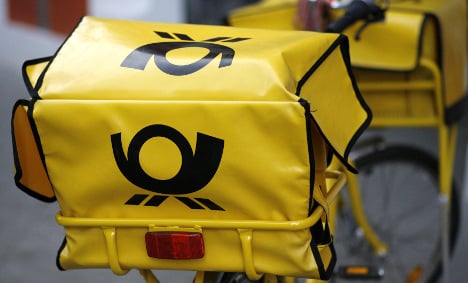A speaker for Verdi said he expected that there would be delays in the delivery of packages and letters.
The strikes are to affect most of the country. Verdi estimate that around 1,5 million letters and 70,000 packets will face delays in delivery.
The strikes at Amazon are to carry on into Thursday and will affect distribution centres in Rheinberg, Werne, Bad Hersfeld and Leipzig.
The Verdi speaker warned that many Amazon customers should also expect delays in the arrivals of their packages.
The trade union is demanding a reduction in the working hours of Deutsche Post workers from 38.5 hours per week to 36 hours per week without a reduction in pay.
Personnel Manager at the Deutsche Post Melanie Kreis showed no sympathy for the action.
The Post has negotiated very constructively with Verdi, she said. She would do everything she could to minimise the effects of the strike on Deutsche Post customers, she added.



 Please whitelist us to continue reading.
Please whitelist us to continue reading.
Member comments